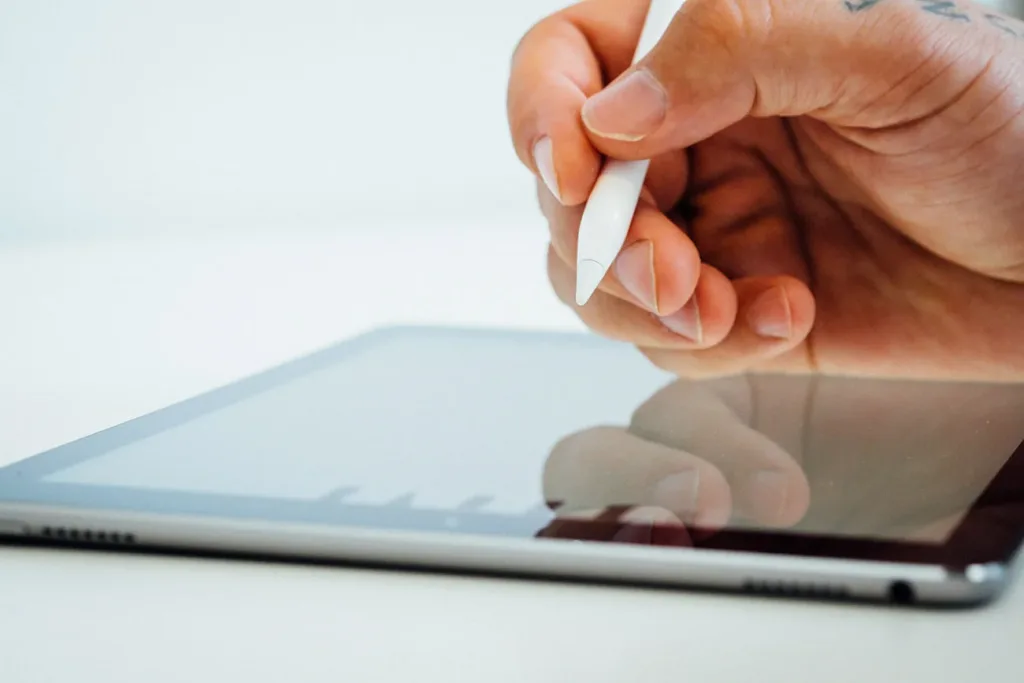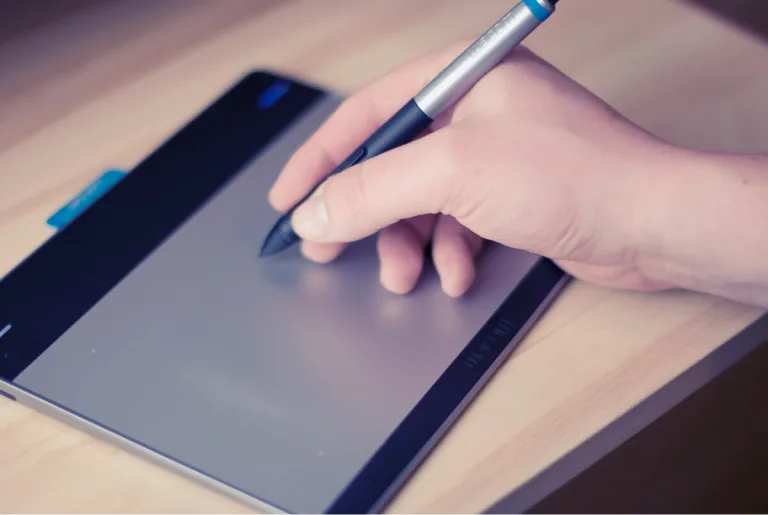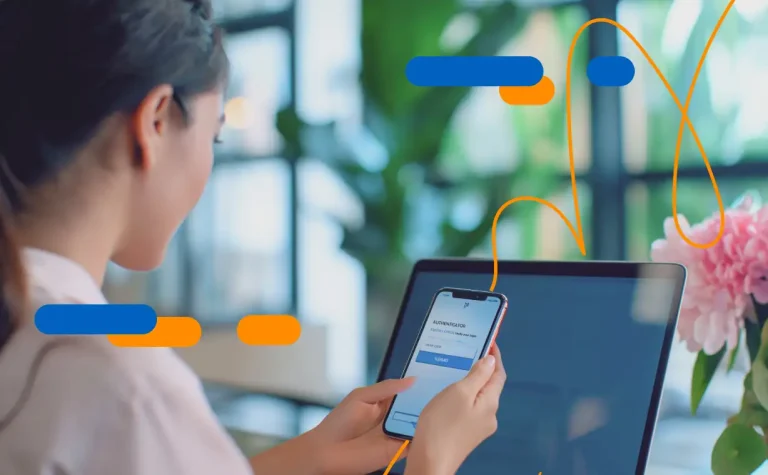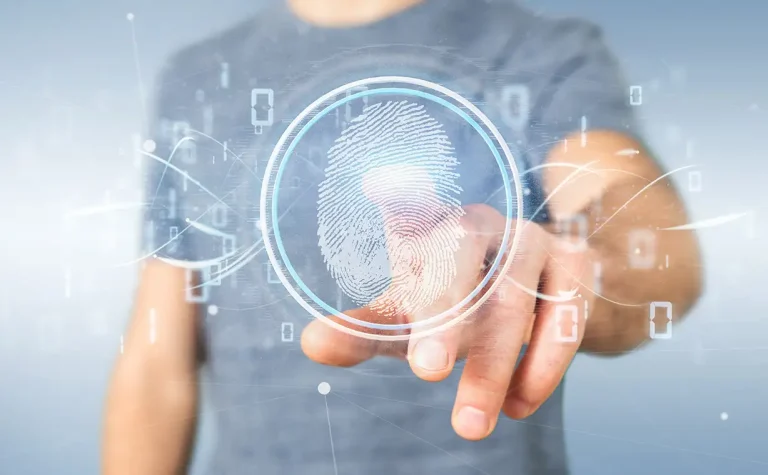Do you know what the biometric signature is used for? Today it is essential to promote the development of a digital culture, applicable to any process within a company. For this, a correct digital transformation will help us to protect our entity and to speed up any type of corporate procedure.
A digital signature solution that does not require an electronic certificate
In general, the digital signature is a tool that has been used for a long time in the daily life of public administrations, companies and even ordinary citizens. However, the reality is that nowadays very few citizens have some kind of electronic certificate to sign documents or to authenticate themselves, since its use requires some kind of device (PC, mobile or tablet) capable of storing it, so obtaining it can be somewhat complex.
To address this problem, there are other signature mechanisms that do not require the use of a digital certificate and provide the same level of security and confidentiality.
The biometric signature is one of the best solutions to solve this problem. It is a signature that is made on specific tablets such as Wacom, Topaz or iPad using a precision stylus pen capable of collecting a series of biometric data (pressure, orientation, stroke speed, etc.) that allows the signer to be identified unequivocally and granting it a legal validity equal or superior to that of the signature on paper.
Suitable for on-site and remote scenarios
This type of signature is especially useful in face-to-face scenarios where the signer must sign an electronic document. It is considered an advanced electronic signature.
In case of signing remotely it can also be used, but it must be taken into account that if we do not use any of the recommended devices, that is to say, if the signature is done with the finger on the screen, biometric data will not be collected. From Viafirma we recommend adding some other evidence such as OTP SMS or OTP email.

Legal certainty, the main differentiating factor
The security level of the biometric signature is based on:
- Data exclusively linked to the person signing.
- It allows the signer to be unequivocally identified.
- It is created using data that the signatory can use, with a high level of confidence, under his or her exclusive control.
- It is linked to the signed data in such a way that any subsequent modification of this data is detectable and allows its invalidation.
- Linking biometric data with the signed document.
- Integrity of the signed data.
- Inability to embed signature in other documents
- Possibility of biometric verification of the holder’s signature.
IMPORTANT: Note that the biometric data collected from the signer will always be encrypted, so that it can only be disclosed at the request of a judge.
An optimal and affordable solution
Viafirma’s solutions allow to biometrically sign documents that need to be authorized at the moment, such as those used by delivery companies to justify the delivery of cargo or those we used to give consent to a transaction when we go to the bank in person.
For remote environments, we recommend the use of the OTP SMS or OTP email signature, which can be done from anywhere, in addition to the possibility of adding a series of evidences to the process, such as a photograph of the signer’s ID card, an audio file, a video file, or even biometric facial validation.
Hundreds of companies and sectors have already incorporated biometric signatures into their processes, a solution that is committed to optimization and mobility.



